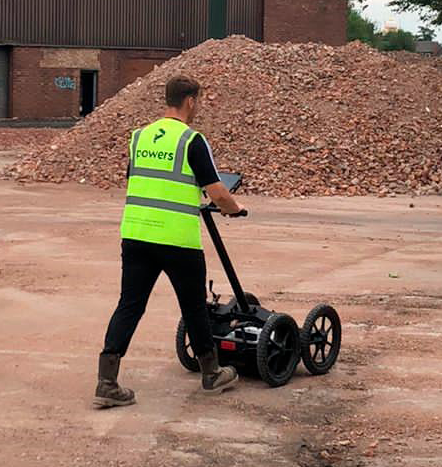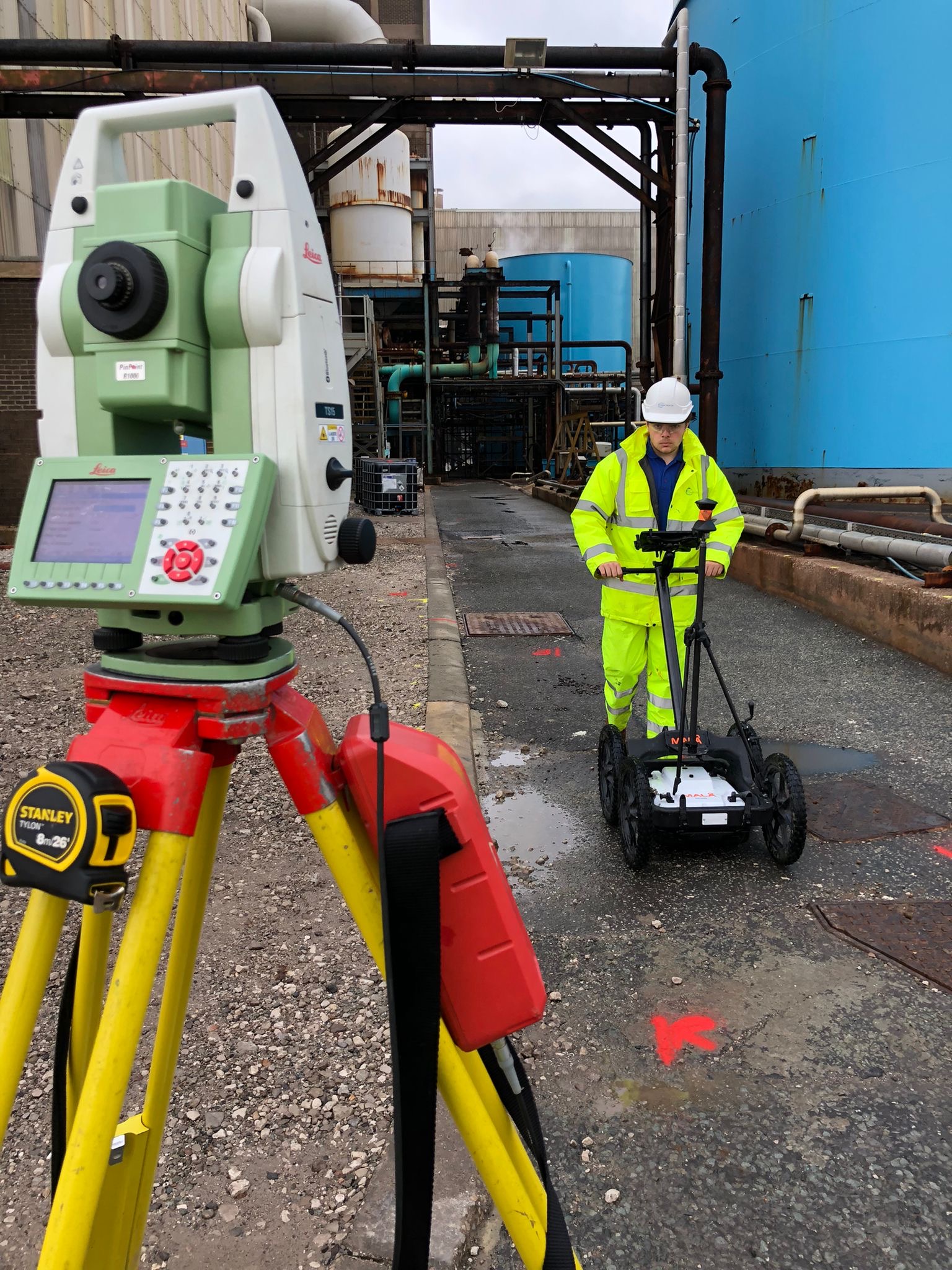Published: 24 Sep 2025
Lucy Powers co-owns and serves as a director of Powers Geospatial Consultants, a family-run geospatial surveying firm rooted in North West England and established in 1973. She joined the business in 2007, starting behind the scenes in administration and operations, and shifting into survey business development. Lucy leverages prior business experience to support surveyors in delivering high-quality geospatial services ensuring efficient and client‑focused outcomes. In addition to her leadership at Powers, Lucy co-chairs the Geospatial Apprenticeship Employer Trailblazer Group, advocating for vocational pathways and working with technical colleges to promote both the Level 3 Geospatial Survey Technician and Level 6 Geospatial Mapping and Science Specialist qualifications.
Powers and utility surveys
Powers is a long-established geospatial survey firm in North West England, serving the architecture, engineering, and construction sectors for more than 50 years. The company delivers a full range of geospatial services, including:
- Measured building and topographical surveys
- 3D laser scanning, mobile mapping, 3D Revit modelling, UAV (drone) surveys
- Site‑engineering work like setting‑out, machine control, ground modelling, as‑built surveys, deformation monitoring
- Underground utility detection (PAS 128 compliant and PUMA accredited)
The Powers team brings deep expertise in hi‑tech, high‑precision surveying and works throughout the UK. Powers holds ISO accreditations for Quality (ISO 9001), Health & Safety (ISO 45001), and Environmental Management (ISO 14001), enabling the company to work in the aerospace, defence, and aviation sectors. Powers’ approach is hands‑on, emphasising building relationships with clients to better understand their needs, delivering value within budget and time constraints and supporting decision‑making from early stages in projects.

Why do you think PUMA is important?
In the UK, there’s no mandatory rule governing how underground utility surveys are carried out. Quality varies widely. Being PUMA-accredited tells clients that your surveys truly follow PAS 128 and that your processes are independently audited. That builds trust swiftly, cuts ambiguity in bids, and reduces risk on site. Clients choosing a PUMA‑accredited firm know what they’re getting: independent verification that the surveys meet PAS 128:2022 standards. That spares them from time-consuming due diligence and reduces the chance of buried‑utility surprises, costly delays, or even injuries on site.
PUMA isn’t just a badge. It creates a consistent, national standard for utility surveys by TSA (The Survey Association) and is managed by LRQA (a global leader in quality assurance). Every accredited company is audited against processes, staff competency, risk management, and transparency in results.
How did you find the process of applying for PUMA accreditation?
Earning PUMA isn’t a one‑and‑done. First comes an office systems audit; then on‑site validation of survey methods; then periodic surveillance during the three‑year accreditation period—so the standards are maintained.
As we are already ISO 9001, 14001 and 45001 certified, the external PAS 128 audit was very similar to our external ISO Standard audits so we didn’t have to change much in order to get through it. All of our projects are subject to high quality standards, so it was a case of communicating this well to the auditor. Unlike our ISO auditors, the PUMA auditors understand the geospatial profession as they also audit NERS (National Electricity Registration Scheme), WIRS (Water Industry Registration Scheme) and GIRS (Gas Industry Registration Scheme) companies. LRQA’s PUMA auditors therefore understood the nuances of underground utility detection to a very deep level which means our clients can be assured we are rigorously checked to a high standard. We passed first time with flying colours and will continue to do this in the future.
What impact do you think being PUMA accredited has on your business?
Having PUMA accreditation helps us to communicate effectively and quickly with clients and establish a clear quality benchmark for our underground utility surveys. Our clients are clear about what they are getting and know that they can leave the technical detail to the experts when dealing with Powers. We believe that all utility surveyors should have a requirement to be PUMA PAS 128 accredited so that the quality of underground utility detection in the profession remains high and standardised.
What advice would you give anyone thinking about starting to apply for PUMA accreditation?
Go for it! The audit is a methodical process and if you’re doing everything correctly and you’ve been following the PAS 128 specification anyway, then you should sail through the audit. It really helps when explaining what we do to potential clients who come from a variety of backgrounds and who may or may not understand utility detection.
To find out more about PUMA, please go to https://www.tsa-uk.org.uk/puma/.

